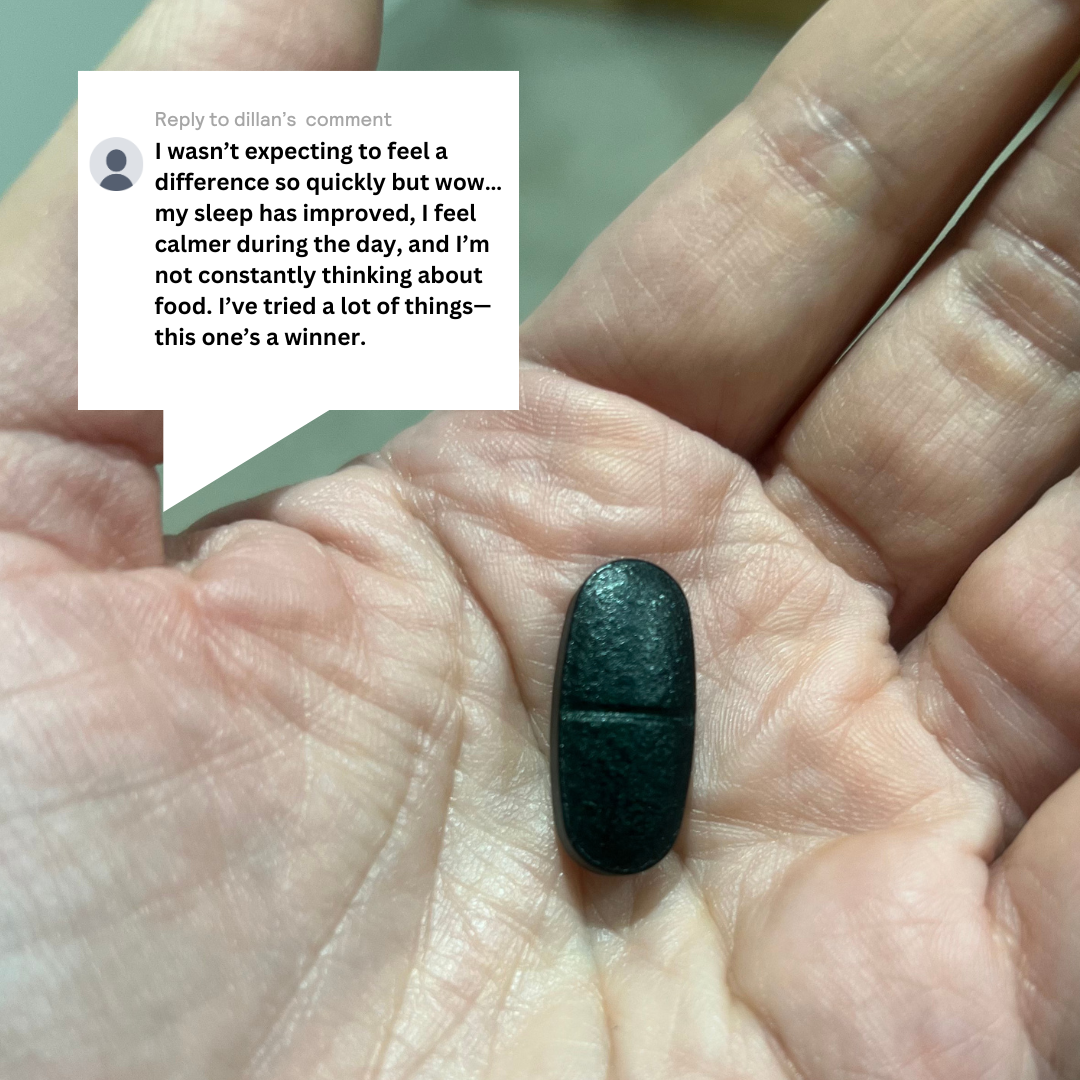
Why People Who Take Magnesium Glycinate and Berberine Experience Better Sleep (Backed by Science)
Struggling with poor sleep or waking up in the middle of the night? You're not alone. Sleep issues are becoming more common — and many are turning to natural remedies like magnesium glycinate and berberine to improve rest, relaxation, and recovery.
But what makes this supplement combo so powerful for sleep? Lets explores how magnesium and berberine impact blood sugar, neurotransmitters, cortisol, and the gut-brain axis to help you sleep deeper and longer — naturally.
Understanding the Sleep-Wake Cycle
The sleep-wake cycle, or circadian rhythm, is regulated by neurotransmitters like melatonin, GABA, and cortisol. Disruptions in blood sugar, stress hormones, or nutrient deficiencies can interfere with this cycle — leading to insomnia or early morning waking.
The Role of Magnesium in Sleep
Magnesium is a mineral involved in over 300 biochemical reactions. It activates GABA receptors in the brain, promoting relaxation and reducing nerve excitability. People with low magnesium levels often experience poor sleep, cramps, and anxiety.
📖 Study: Magnesium improves insomnia in elderly patients
Why Magnesium Glycinate Is the Best Form for Sleep
Magnesium glycinate is a combination of magnesium and glycine — an amino acid that also promotes relaxation. This form is well-absorbed and gentle on the stomach, unlike magnesium citrate or oxide which can cause laxative effects.
📖 Study: Glycine supports improved sleep quality
Scientific Evidence Supporting Magnesium for Sleep
In a randomized study, magnesium supplementation improved sleep efficiency, increased melatonin, and reduced cortisol in people with insomnia.
📖 Study: Magnesium’s effect on insomnia
Introduction to Berberine and Its Metabolic Benefits
Berberine is a natural compound found in plants like Berberis. It’s best known for improving insulin sensitivity and glucose metabolism — but these metabolic benefits also play a critical role in sleep regulation.
📖 Study: Berberine improves glucose and insulin control
How Blood Sugar Affects Sleep
Blood sugar crashes during the night can trigger cortisol spikes and adrenaline release — waking you up suddenly. Balancing blood sugar before bed is crucial for uninterrupted, deep sleep.
Berberine’s Role in Stabilizing Blood Sugar
Berberine works similarly to metformin. It increases insulin sensitivity, supports glucose uptake in cells, and reduces post-meal spikes and nighttime crashes.
📖 Study: Berberine’s effect on insulin resistance
Lowering Cortisol Through Stable Glucose
Stable glucose means stable cortisol. When your blood sugar dips at night, cortisol rises — disturbing your sleep. Berberine helps prevent these swings, creating a calm, balanced internal environment for rest.
📖 Study: Cortisol's link to glucose regulation
Berberine’s Influence on the Gut-Brain Axis
Your gut produces neurotransmitters that influence sleep. Berberine modulates the gut microbiome, promoting beneficial bacteria and supporting GABA production — essential for calmness and sleep depth.
📖 Study: Berberine and gut microbiota
Glycine (from Magnesium Glycinate) as a Sleep-Enhancing Amino Acid
Glycine lowers core body temperature — a known signal that it's time for sleep. It also improves sleep efficiency and reduces next-day fatigue.
📖 Study: Glycine improves fatigue and sleep quality
Combining Magnesium Glycinate and Berberine for Sleep Synergy
This combination offers a 360-degree approach to better sleep:
-
Magnesium glycinate calms the nervous system and enhances GABA activity.
-
Berberine balances blood sugar, lowers cortisol, and supports the gut-brain connection.
Together, they target the key causes of disrupted sleep and support a natural, restful sleep cycle.
Who May Benefit Most From This Combo?
-
People with insulin resistance or PCOS
-
Those waking up frequently at night
-
Individuals with anxiety or high cortisol levels
-
Older adults with low magnesium stores
When and How to Take Magnesium Glycinate and Berberine
For optimal results, take 1 tablet twice a day with food of our new Berberine and Magnesium Forte Tablets. This provides steady daytime metabolic support and calming benefits by night.
Suggested use:
-
1 tablet with breakfast
-
1 tablet with dinner
This dosing method helps stabilize blood sugar during the day and promotes a deeper, more restful sleep cycle at night.
Potential Side Effects and Considerations
While generally safe, it's important to be mindful of a few things:
- Berberine: Can interact with medications like metformin or antibiotics and can cause loose stools when first starting but usually subsides after a few days of continuous use.
Always consult a healthcare provider before starting any supplement regimen.
Conclusion: A Natural, Research-Backed Sleep Stack
If you're looking for a non-habit-forming solution to sleep issues, our Berberine and Magnesium Forte Tablets offer a science-backed alternative. Whether you're struggling with blood sugar imbalance, nighttime waking, or just want to sleep deeper — this natural combo could be the solution you've been searching for.
FAQs
1. Are there any risks in taking these supplements daily?
They are safe for most people. However, consult your doctor if you’re taking medications or have a medical condition.
2. Will berberine make me sleepy?
Berberine doesn’t sedate — it supports sleep indirectly by stabilizing blood sugar and cortisol levels.
3. Can this combo help with anxiety-related insomnia?
Yes! Magnesium calms the nervous system, and berberine supports gut health and hormone balance — both of which are linked to anxiety and sleep.
The information provided by The Base Collective is not intended to be used as medical advice and should not take the place of professional or medical advice. Always seek the guidance of your doctor or other qualified health professionals with any questions you may have regarding your health or medical condition.
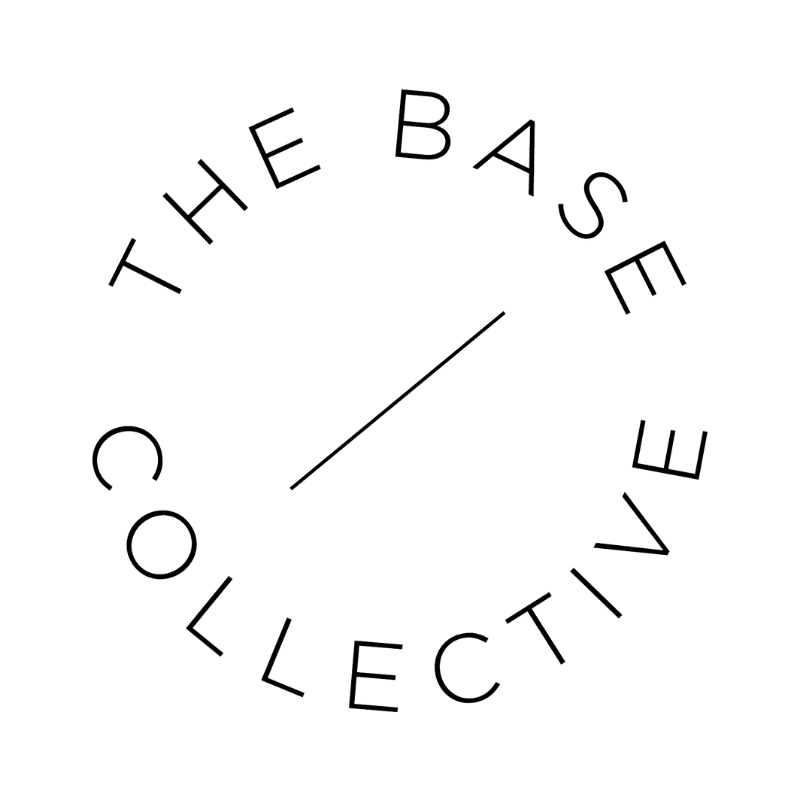
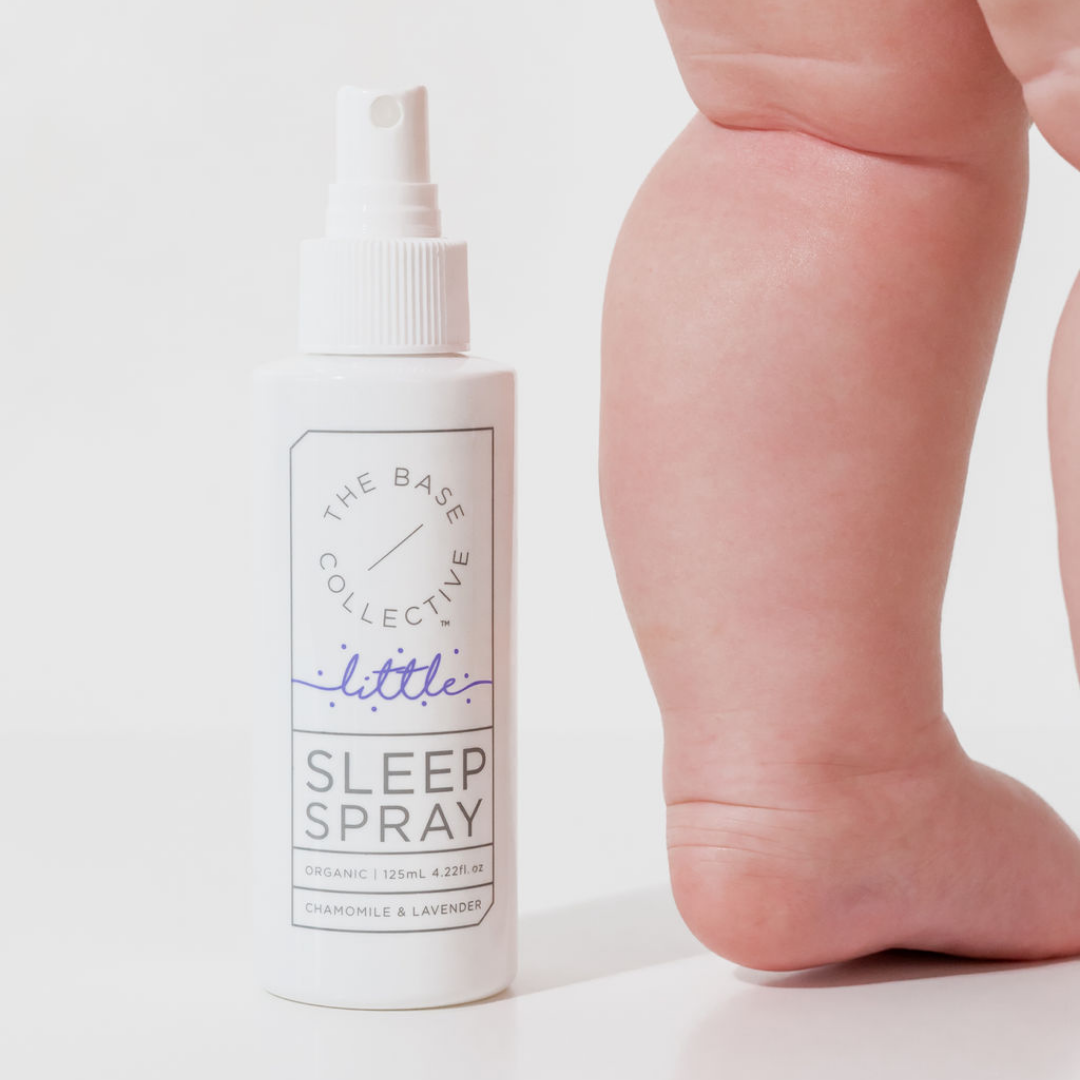
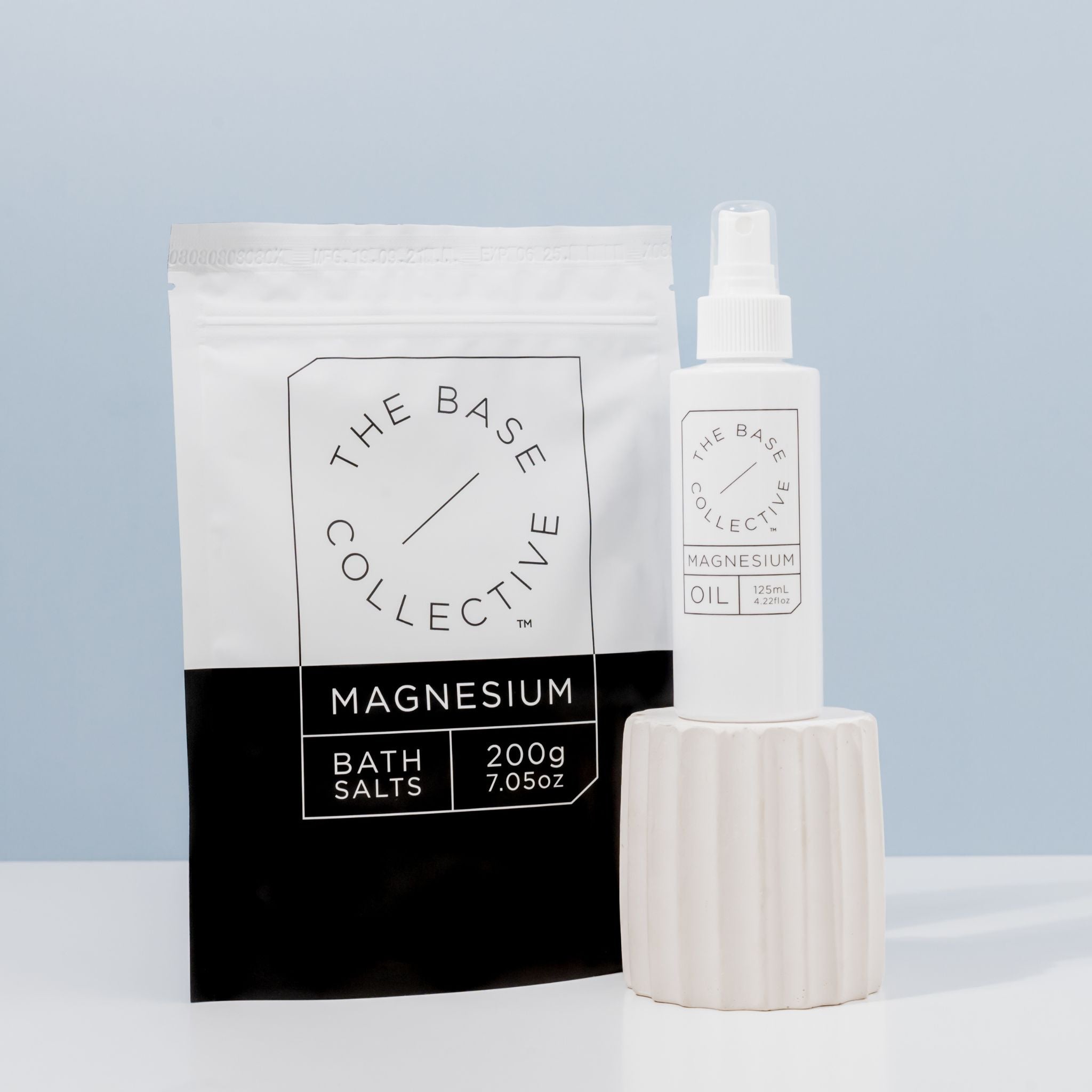
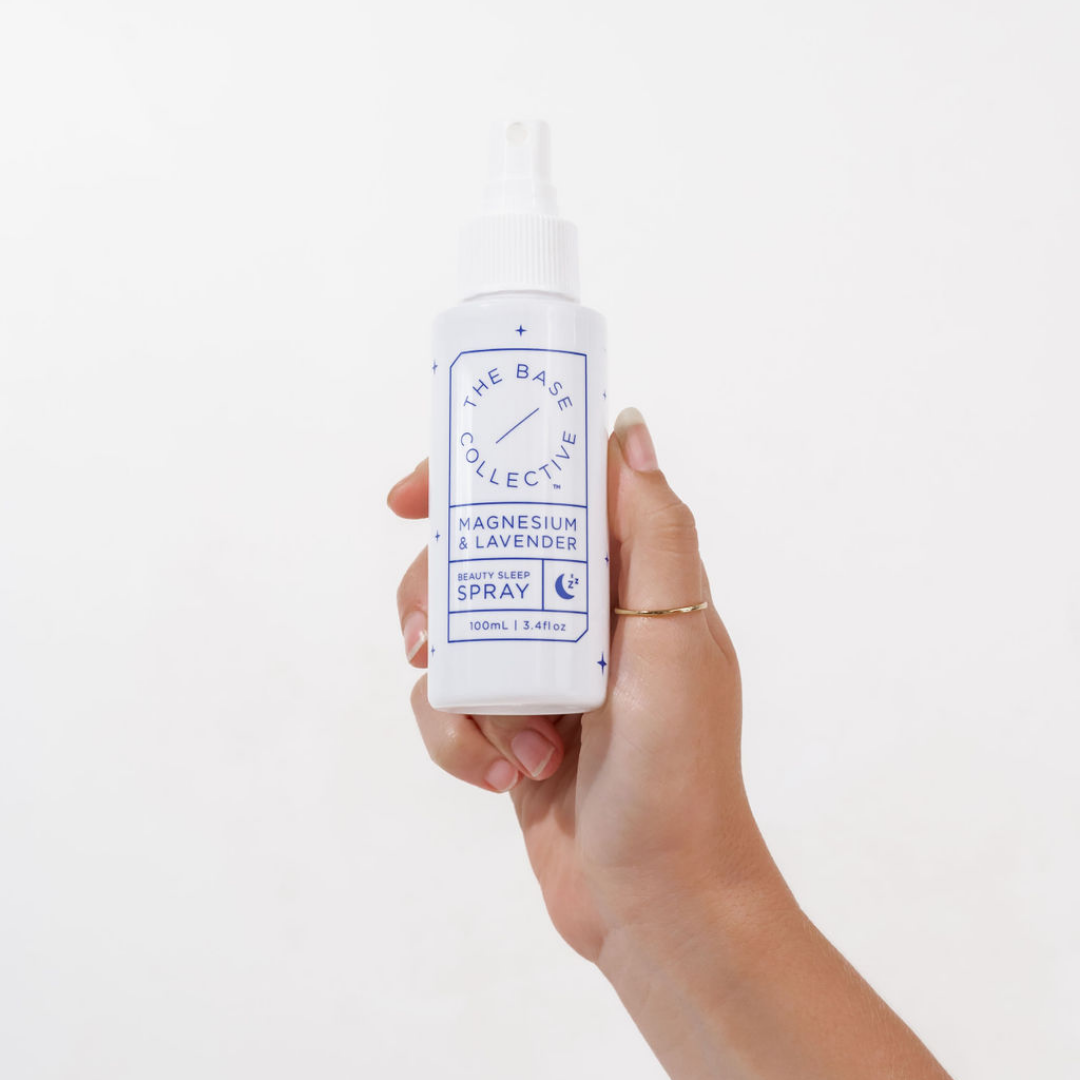

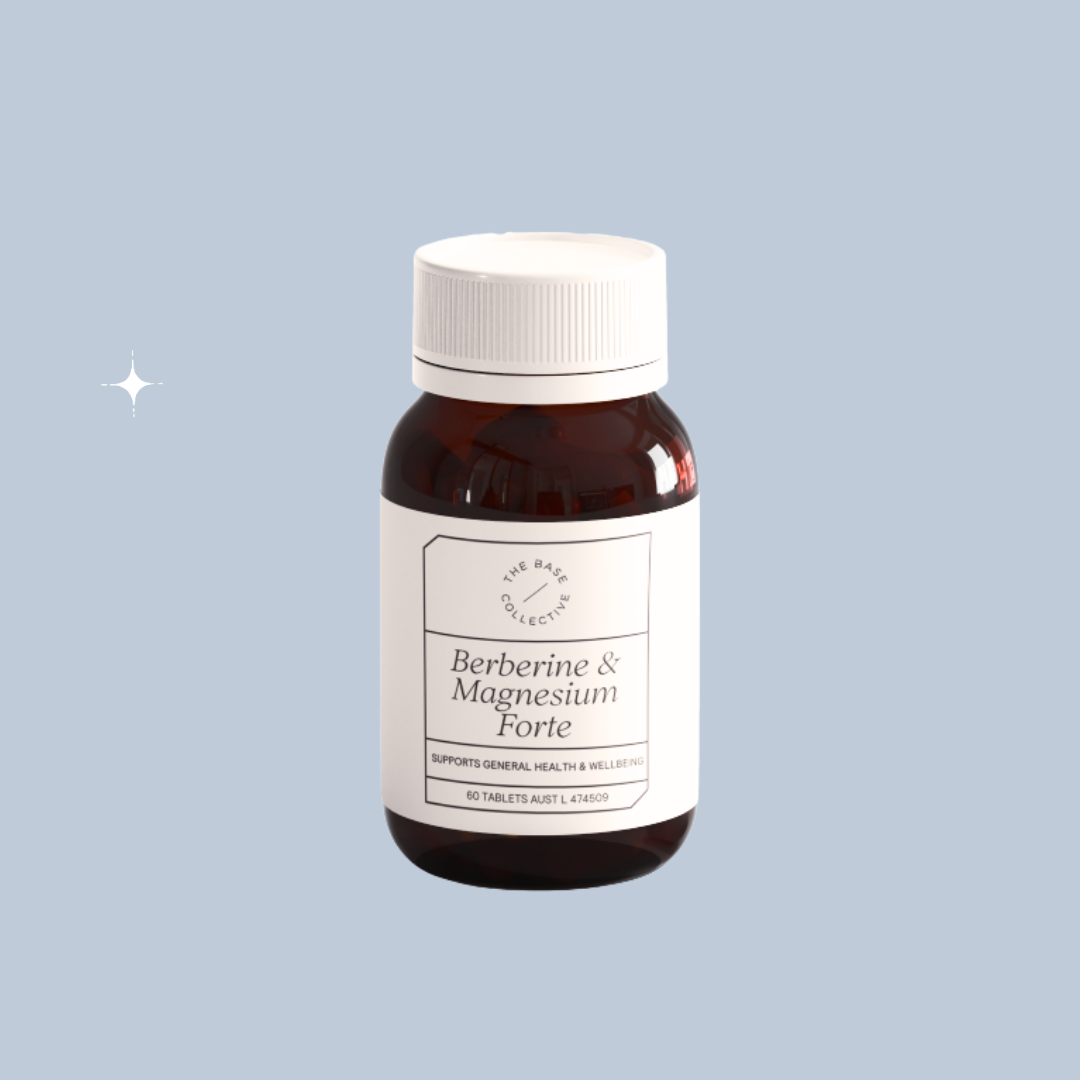
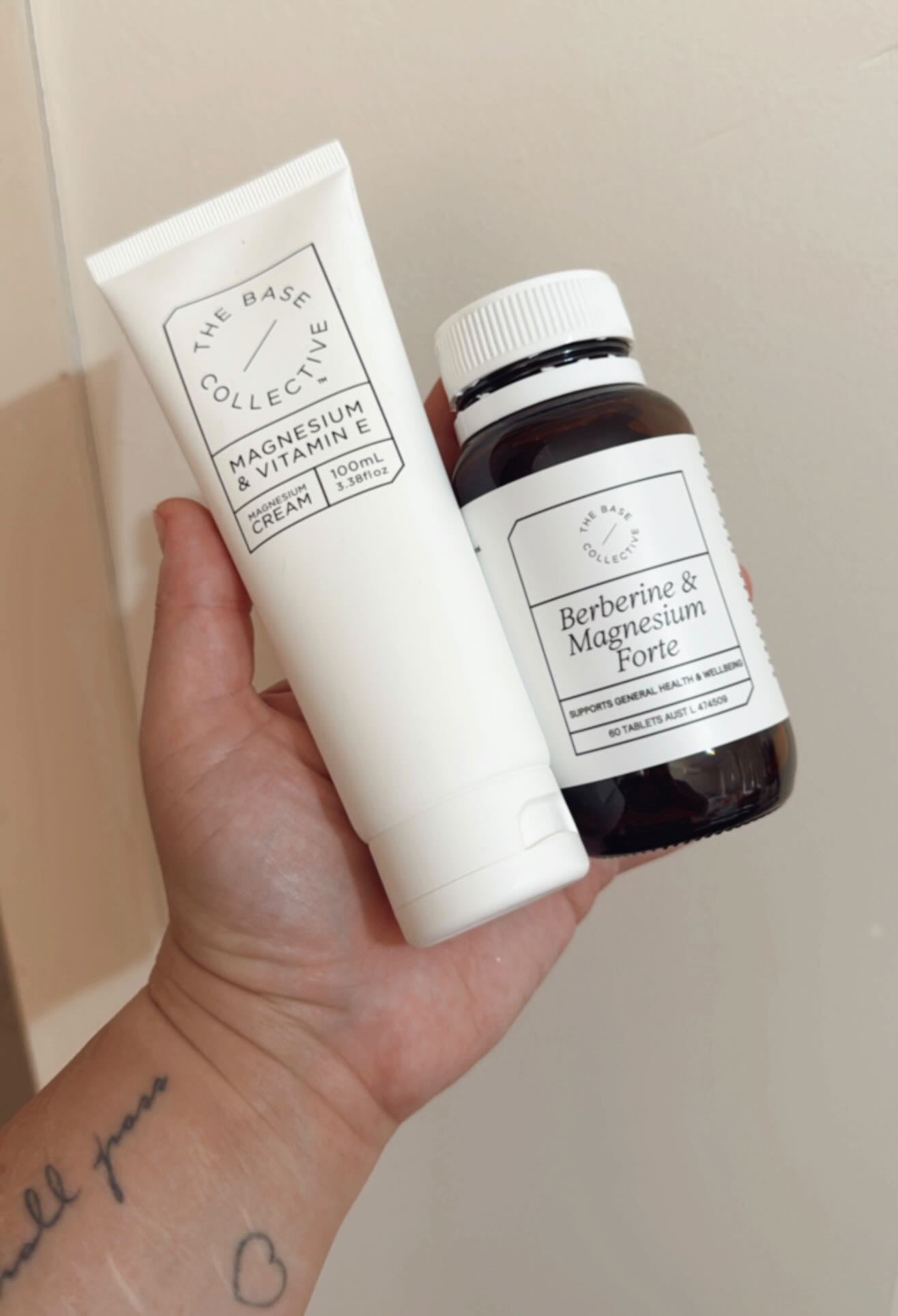
Leave a comment
This site is protected by hCaptcha and the hCaptcha Privacy Policy and Terms of Service apply.